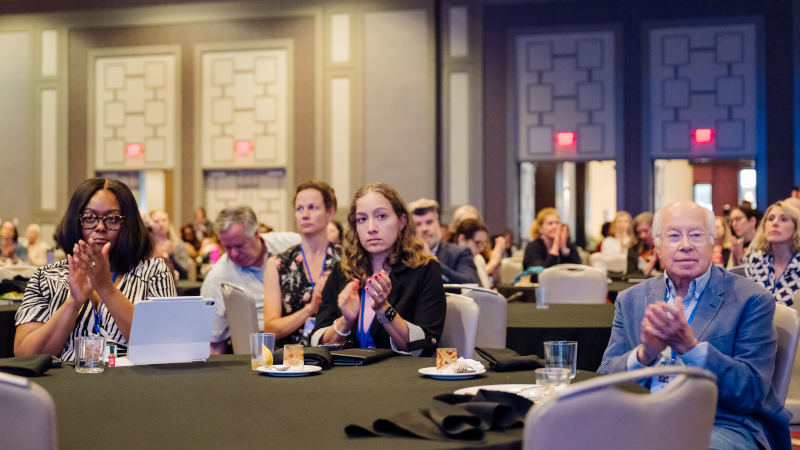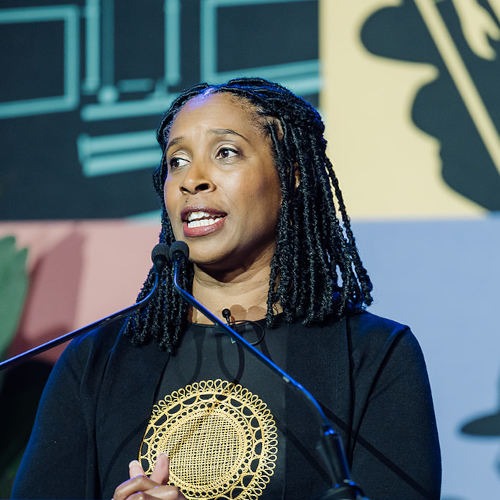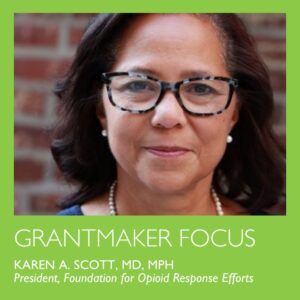Courageous Action for the Health of Our Communities
The final day of the 2025 Annual Conference on Health Philanthropy focused on milestone moments in health like the 20th anniversary of Hurricane Katrina and elevated the philanthropic partnerships already inspiring a better tomorrow. While much of the conference was spent reflecting, today was marked by action and what comes next: standing firm in values, being courageous, and co-creating a vision for the future.
Reimagining Health Philanthropy, Together
During Day 2 of the 2025 Annual Conference on Health Philanthropy, attendees across sectors worked together to identify the intersections of their work and co-created solutions for healthier, thriving communities. Sessions spanned a wide range of topics, from exploring business’ role in health equity to strategies for supporting staff in uncertain times.
Foundation for Opioid Response Efforts
The opioid crisis is a wide-ranging public health crisis that will require many different approaches and disciplines to effect real change. It will require bringing together and highlighting the intersections of physical and mental health, social determinants of health, and long-standing policies including those on criminal justice and access to treatment. To that end, many health funders can find a role to play that contributes to reducing mortality and increasing well-being, even if they do not consider themselves opioid use disorder funders.
Philanthropy @ Work – Transitions – October 2022
The latest on transitions from the field.
Health Foundation for Western & Central New York: October 2022
Announcing Age-Friendly: Go Local, an initiative that will support community organizations in New York who are working to make neighborhoods more livable, equitable, and healthier for older adults and others who live there.
New York Health Foundation: October 2022
NYHealth Special Projects Fund awards are one-time, nonrenewable funding opportunities consistent with the Foundation’s mission to improve the health of all New Yorkers but outside of its main priority areas.
Convergence Partnership: October 2022
Funding Narrative Change, An Assessment and Framework, is the first report ever to focus exclusively on the narrative change funding landscape.








